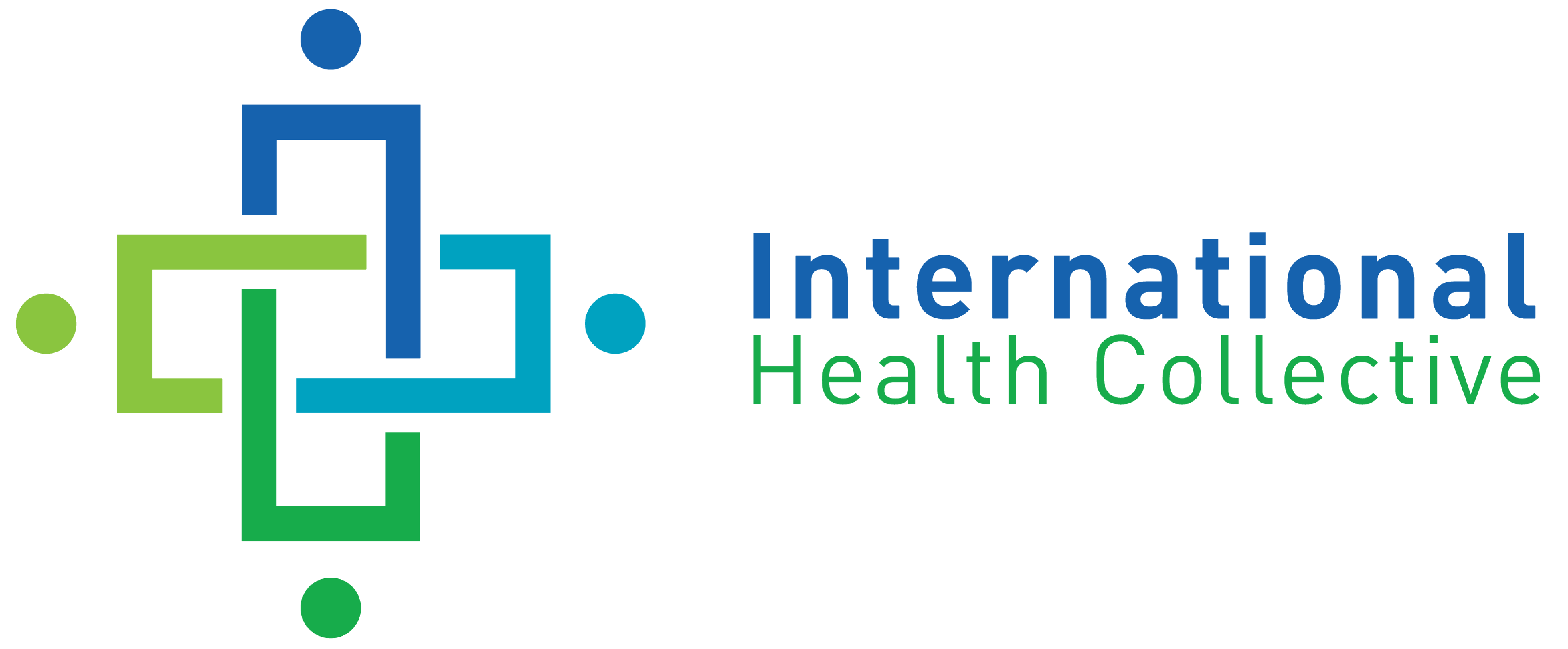It amazes me at the difference that a political border and about forty miles can make. As people living in America, and not to say that we do not have our own societal healthcare discrepancies, we often take for granted the fact that when we get sick or have an injury, with most of us living within a few miles of a place in where we can receive proper and high-quality care. Drive an hour south of UCSD and being in a similar situation is likely to have a completely different journey.
nn
Tijuana Progresso, a community that is undoubtedly underserved medically-speaking, is one, however, that does not take healthcare for granted. In fact, it is actually quite the opposite. Our monthly pop-up clinic often feels like a form of a community gathering, a festival of its own right, and one in which the people of TJP celebrate with the rawest form of appreciation and gratitude I have witnessed. But it is not simply that fact that we are providing free healthcare. Rather, the verity that every time you step into the wonderful community center, every conversation you overhear is one of friendship and compassion.
nn
The truth is, much of being able to heal on a sustainable scale relies on the ability to achieve such an atmosphere within the physician-patient relationship. It is easy to prescribe a medication for a patient and let them be on their way. But when that long-lasting impact that we, as members of IHC, strive to, the friendships and confidant-relationships between said members and the community of TJP often form the base of such tenability. As an aspiring physician, experiencing this each month reminds me of why I wanted to go into medicine in the first place: to heal the person and not just the pathology, to be that confidant and sustainable healer that being a member of IHC has sculpted me to be.

